The risk of dengue fever is rapidly growing in the Kathmandu valley as the monsoon intensifies. The scenario has prompted the local administration and health authorities to raise the alarm and implement preventative measures throughout the valley.
According to the Public Health Division of Kathmandu Metropolitan City (KMC), a dengue outbreak has recently occurred.Dozens of suspected infections are being recorded daily in different wards.Health officials believe the real number may be higher, as many mild cases go unreported or are misdiagnosed.
“Increased rainfall has led to water accumulation in many areas, creating ideal breeding grounds for *Aedes aegypti* and *Aedes albopictus* mosquitoes, which are primary vectors of the dengue virus,” said Dr.Gyanendra Karki, a vector control specialist with the Epidemiology and Disease Control Division (EDCD).
The worst-hit areas so far include densely populated wards like Koteshwor, Baneshwor, Kalanki, and Teku. Several schools and community health clinics have reported groups of symptomatic patients.Most are suffering from high fever, joint pain, nausea, and rash; these are classic signs of dengue.
Some hospitals, including Sukraraj Tropical and Infectious Disease Hospital and Patan Hospital, have begun allocating separate dengue testing units as precautionary measures.
In response to the escalating threat, the KMC has launched a targeted awareness and sanitation campaign under the “Search and Destroy” initiative.Public health workers and volunteers are visiting homes, schools, and marketplaces to inspect and eliminate mosquito breeding sites such as stagnant water in containers, flower pots, discarded tires, and open tanks.
“Residents are urged to clean their surroundings, use mosquito repellents, wear long-sleeved clothing, and seek medical attention if symptoms arise,” said KMC Health Chief Hari Bahadur Kunwar.He also urged all 32 wards of Kathmandu to initiate local fogging operations and distribute larvicide in high-risk areas.
Several private and public schools have begun issuing advisory notices to parents, encouraging them to monitor children for symptoms and avoid sending sick children to school.Water storage tanks and playground drains are under inspection in several educational institutions.
Public parks and construction sites are also being monitored. The KMC has warned that companies or individuals failing to comply with sanitation protocols may face fines under public health regulations.
“The situation is still manageable, but if we delay further, Kathmandu could see a widespread dengue outbreak,” warned Dr. Sher Bahadur Pun, a virologist at Sukraraj Hospital. He emphasized the need for sustained public cooperation and government vigilance.
Health Tips to Prevent Dengue
-Eliminate standing water around homes.
-Use mosquito nets and repellents, especially in the morning and evening.
-Cover water containers and tanks.
-If high fever continues for more than two days, see a doctor.
To prevent further outbreaks, the Kathmandu local administration is intensifying its response as monsoon rains boost the prospect of dengue. Citizens are requested to support public health efforts, stay alert, and practice good hygiene to avoid transmitting the mosquito-borne disease.

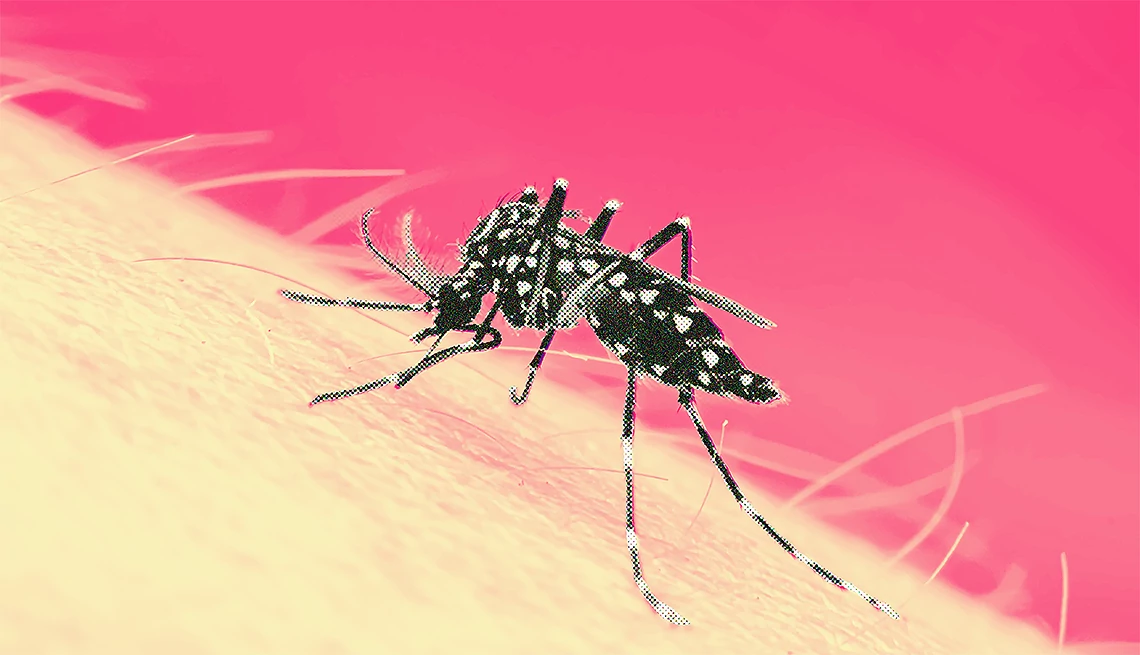




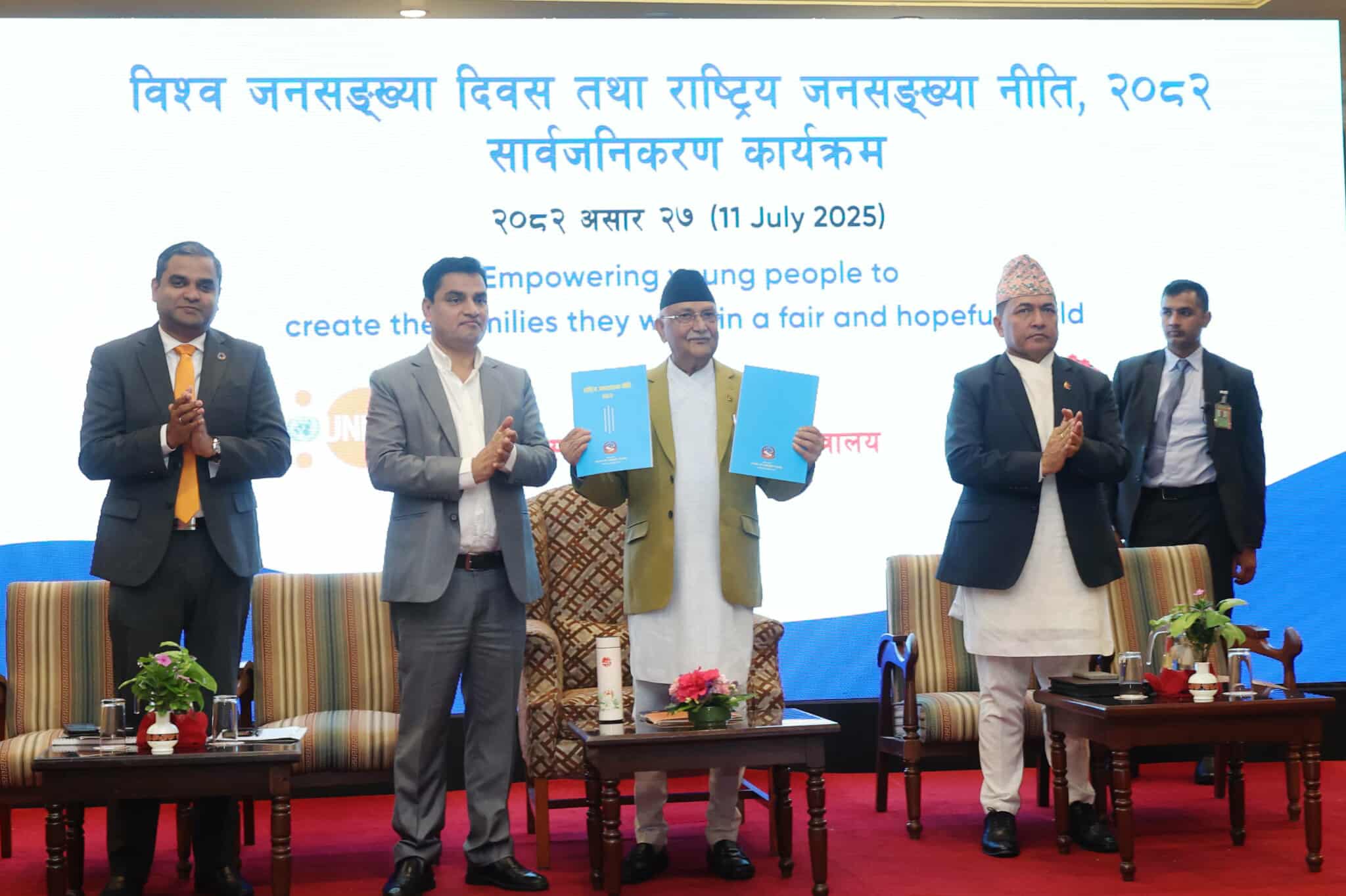


.jpg)
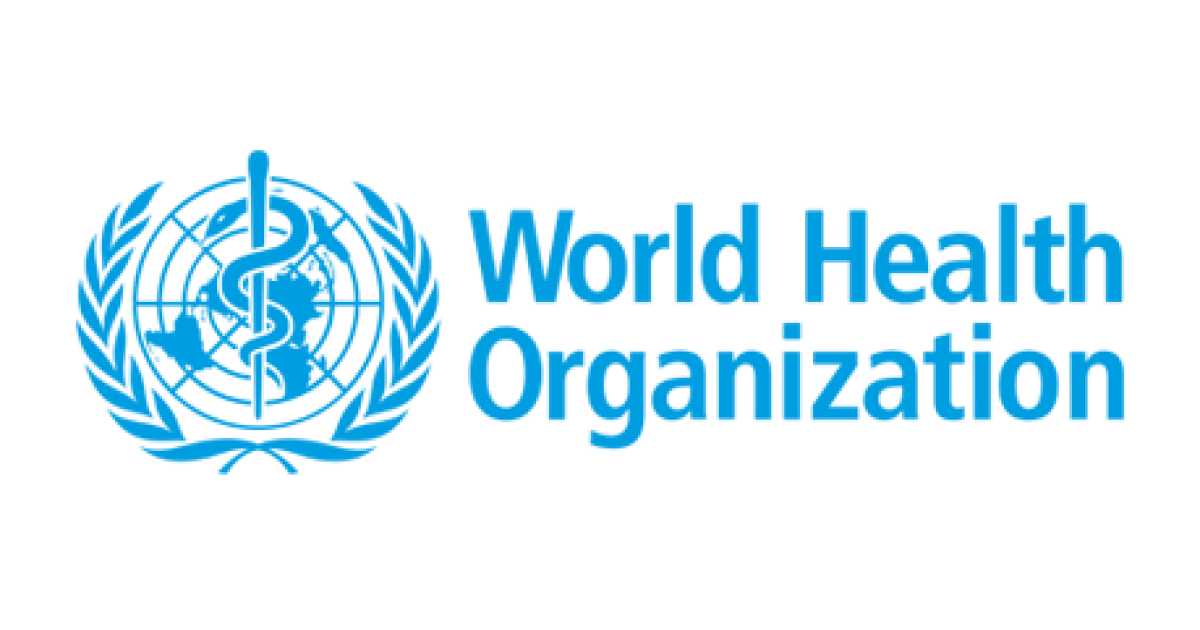

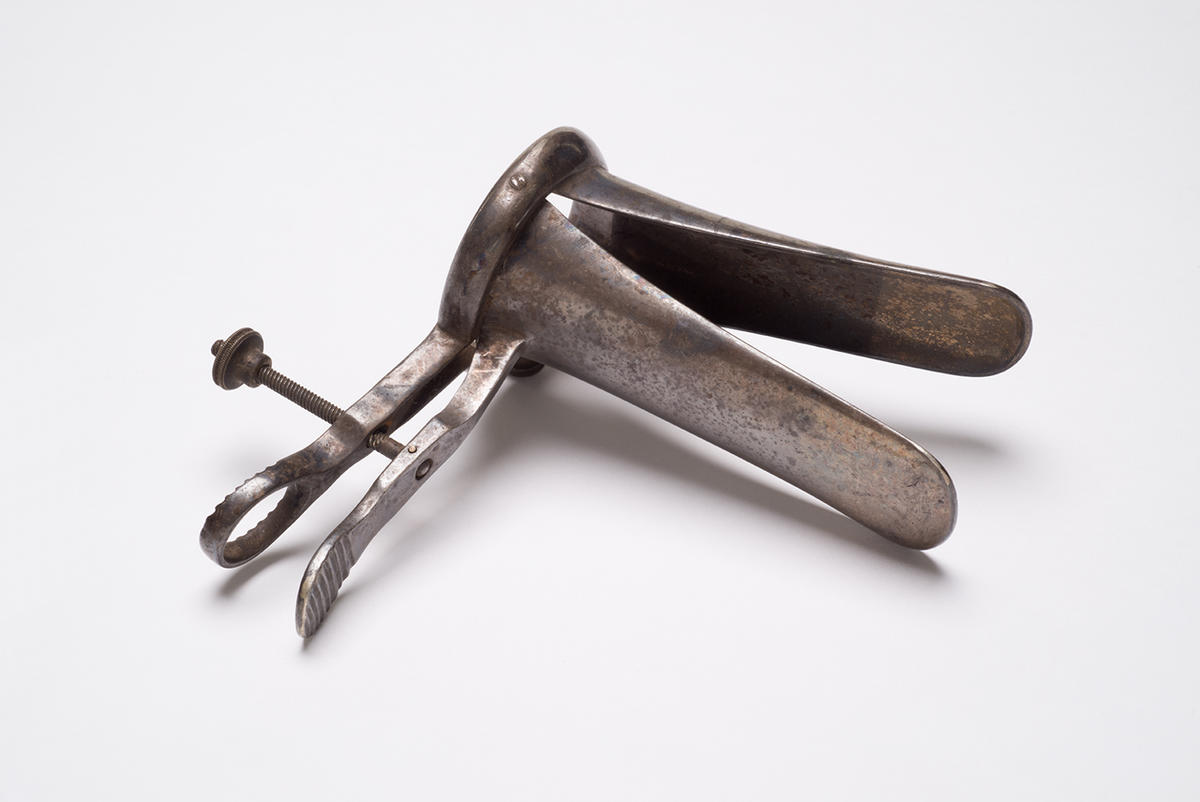

.jpg)
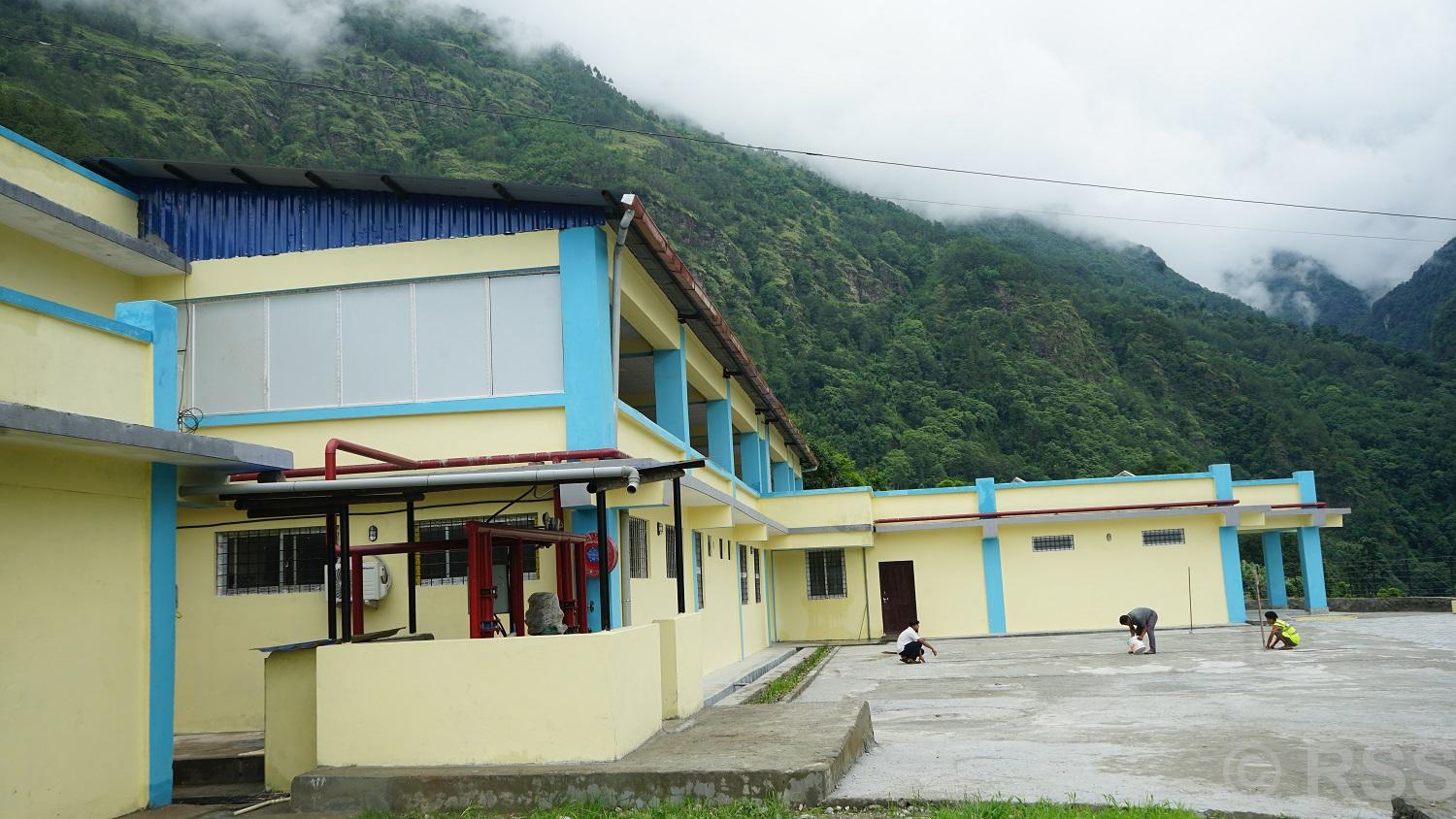

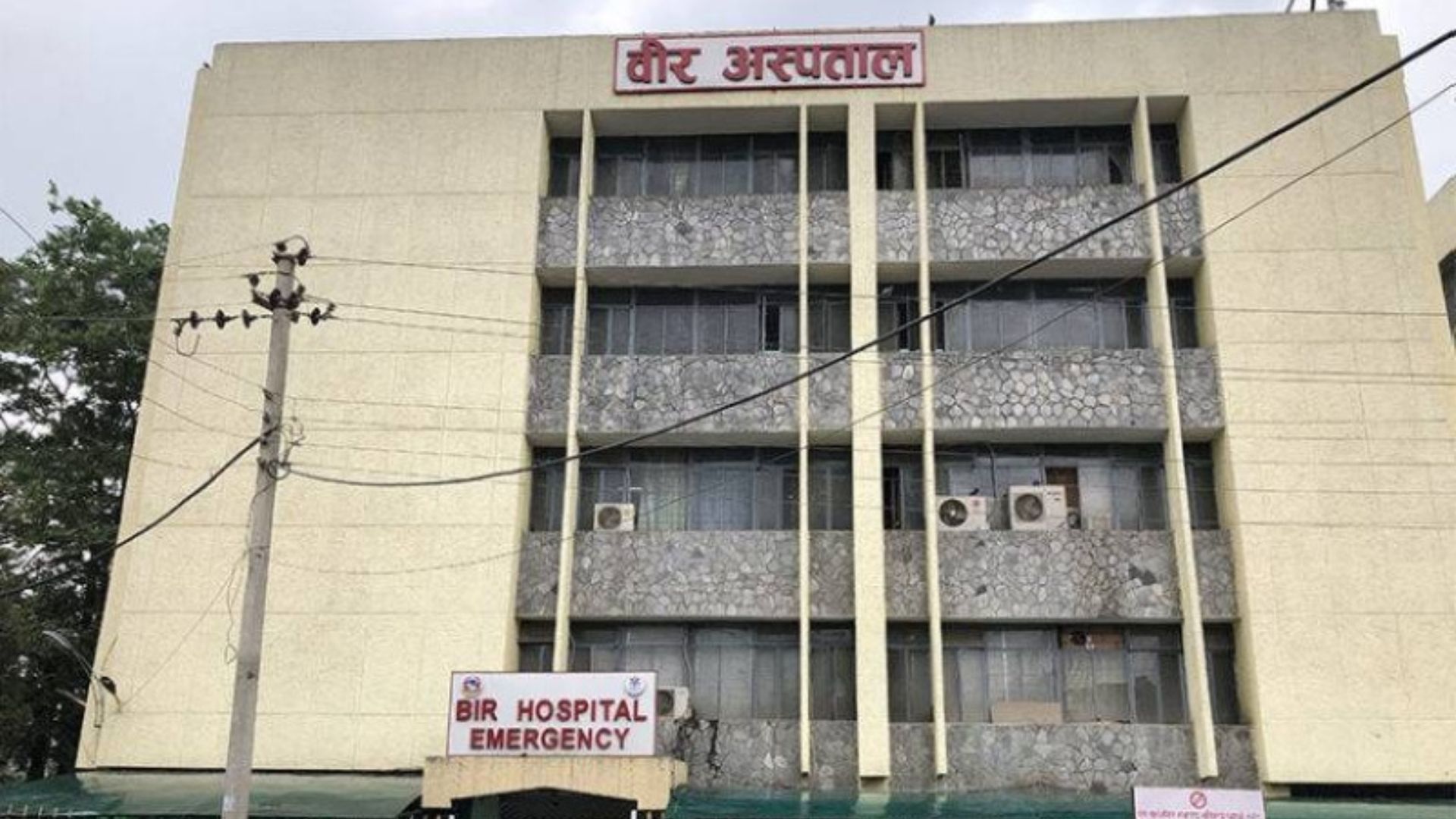

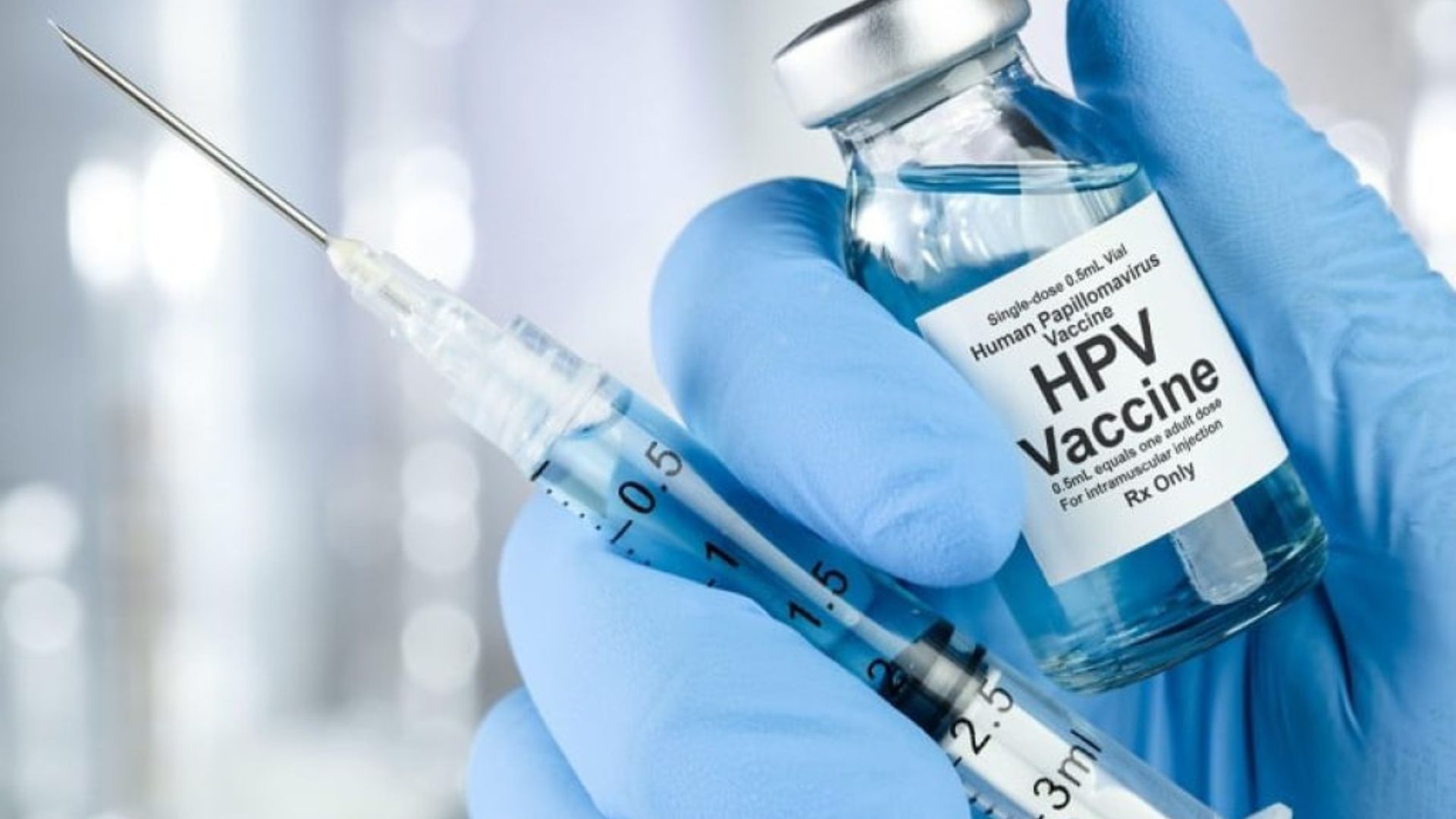
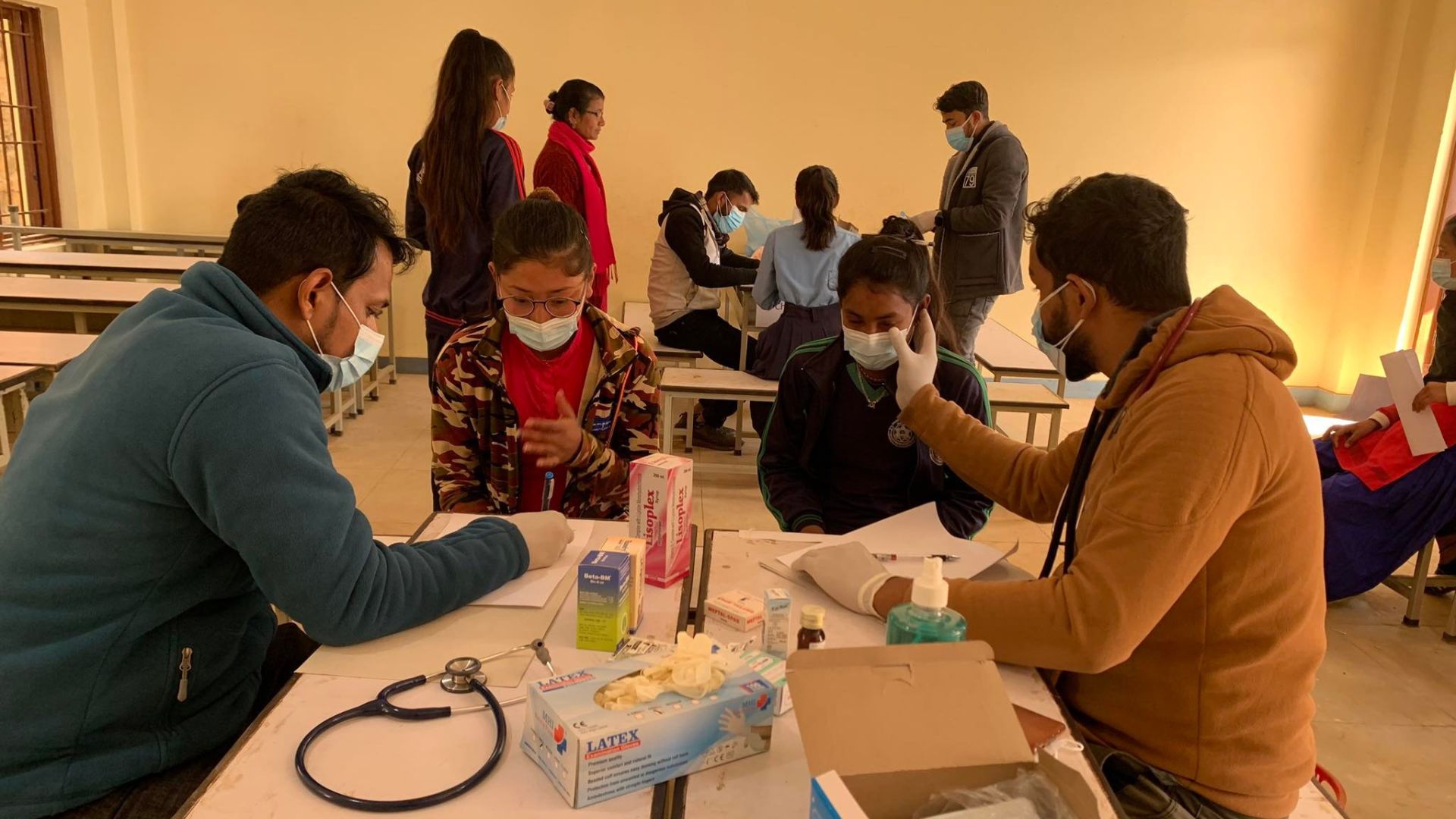

.jpg)